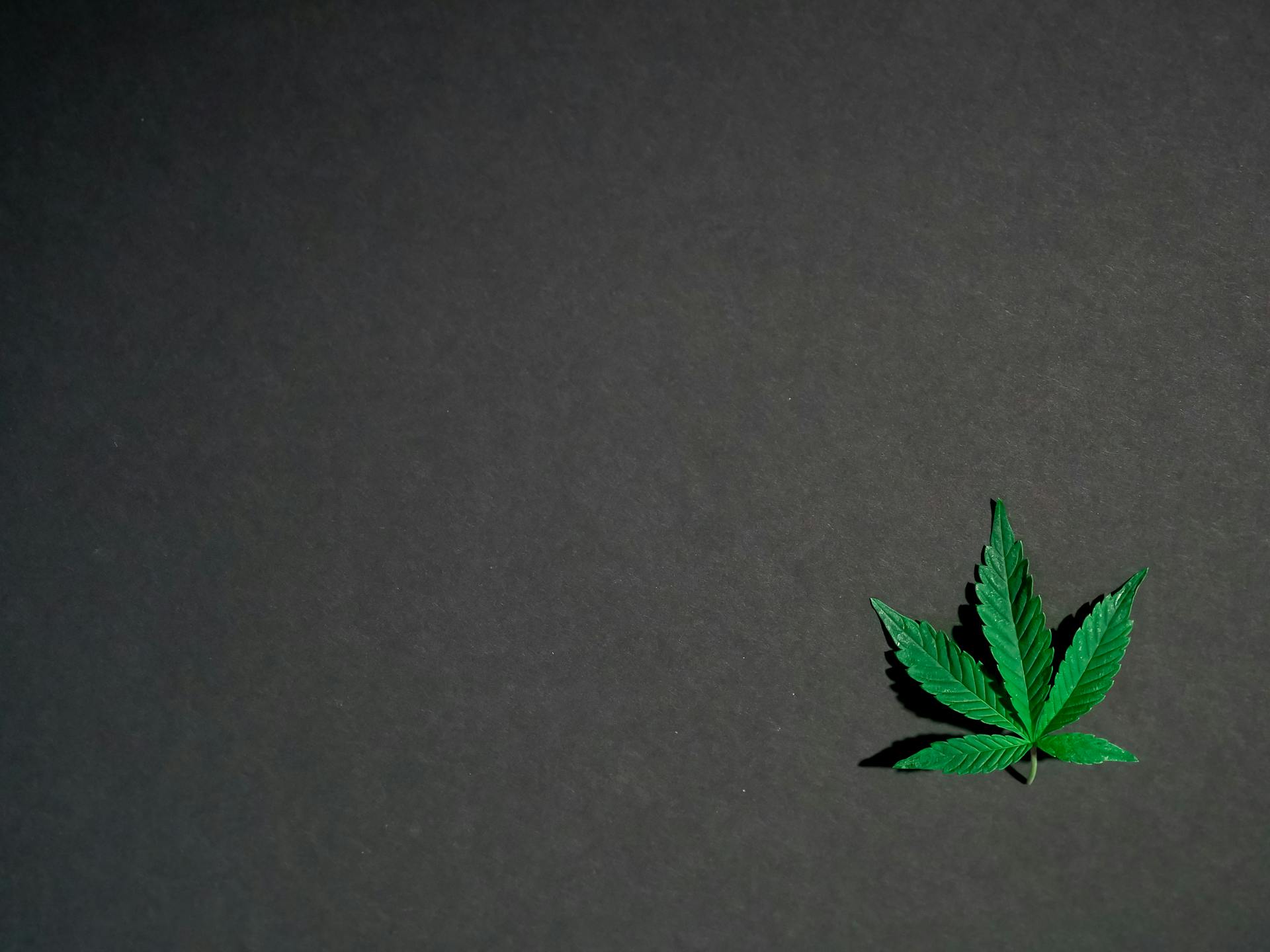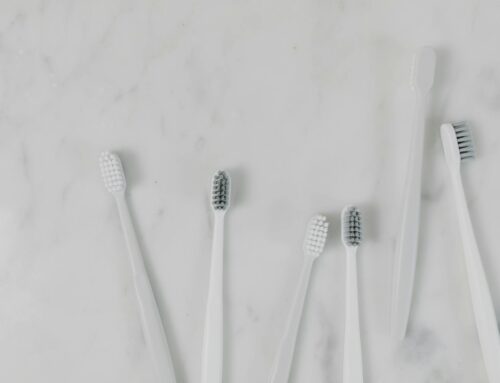Cannabis has been associated with a range of both physical and mental health problems for many years. Now, new research has sought to find out if a connection between cannabis and poor oral health – including tooth loss – exists. This research topic is important, especially given how widespread recreational use of cannabis is.

Cannabis has been linked to the onset of a range of physical and mental health problems, with its potential for harm having been clear for many years.
However, new research has now looked into whether cannabis is linked to oral health problems. This includes severe tooth decay and subsequent tooth loss [1].
The findings provide further evidence of the harm that cannabis can cause. Therefore, this is an important result for policy makers and health professionals to be aware of.
Background
The research involved the drug cannabis, which is also known as marijuana, weed, and pot. It is the most used federally illegal drug in the United States, with about 19% of Americans using it at least once in 2021 [2].
Cannabis is widely used for recreational purposes, with most people using the drug to get “high” – a state of mind associated with calmness and euphoria.
However, cannabis is an illicit substance that can cause addiction. Moreover, its use can also result in harmful side effects like memory loss, hallucinations, paranoia, delusional thoughts and anxiety.
As mentioned above, cannabis has also been linked to a host of health problems. These include problems in the lungs, heart and brain [3].
Furthermore, it has been linked to the onset of severe mental health conditions like Schizophrenia and Psychosis [4].
Therefore, there are numerous issues attributed to its use. Despite this, it continues to be used. New research has now explored the impact of cannabis on oral health.
The Research
The research was conducted by a team from the University at Buffalo’s School of Dental Medicine. Their findings were published in the Journal of the American Dental Association [1].
The researchers analyzed data from 5,656 adults aged 18 to 59 that had completed the National Health and Nutrition Examination Survey between 2015 and 2018 [1].
The survey asked participants a range of questions about their health. One such question asked about cannabis use [1].
The researchers then compared the frequency of cannabis use to answers based around the oral health of those participating in the survey [1].
Then, the researchers looked to see if there were any patterns in this connection. Interestingly, the findings were very clear – and suggested cannabis has a negative impact on oral health.
People that reported smoking cannabis at least once a month for more than a year had a 17% higher chance of having untreated cavities when compared to those who did not smoke cannabis [1].
Moreover, the group had a 55% higher chance of root surface tooth decay than those who did not smoke cannabis [1].
In one of the most worrying findings, those who smoked cannabis at least once a month for more than a year had a 41% higher chance of severe tooth loss compared to those who didn’t smoke cannabis [1].
Tooth loss can cause a huge range of issues, including swallowing and chewing difficulties. It can also affect the self-esteem of patients.
These findings are very concerning and underline the potential damage of frequent cannabis use to our oral health. This is a worrying link.
What causes this connection?
The researchers pointed out that two factors could explain this connection. These factors are related to some consequences of cannabis use.
Firstly, a common side effect of cannabis usage is feeling very hungry, which often results in sugary foods and drink being consumed [1]. However, sugary foods and drink can cause tooth decay.
Secondly, poor brushing habits while under the influence of cannabis is common [1]. Therefore, if a person is smoking cannabis regularly, they may frequently brush inadequately.
Moreover, cannabis is also known to cause dry mouth. Dry mouth has also been linked to tooth decay, due to saliva not being able to fulfil its normal job of regulating acid levels in the mouth.
Author comments
The findings of the research certainly suggest that frequent cannabis use is associated with tooth loss. This is an important consideration, especially given the widespread recreational use of the drug.
Lead author Ellyce Clonan discussed the motivation behind the research [3]. She said that upon providing advice to patients who had completed a tooth extraction, she noticed that when telling them not to smoke, that many would say they smoked cannabis.
Clonan pointed out that when smoking cannabis, “you’re literally putting fire near your mouth” [3]. However, she did point out that she didn’t want to suggest cannabis is inherently bad, especially as it can be used as a therapeutic medicine for various health conditions.
Therefore, Clonan said that while they “want to educate our patients about the dangers of smoking”, they want “to treat their use with kindness and understanding” [3].
Clonan did say that further research into the connection is needed, especially with data from over a period of several years. But for now, the results of this research suggest that frequent cannabis use can be very harmful.
Thinking points…
[1] Cannabis is just one of the many potential causes of oral health problems. Keeping track of issues can be challenging. That’s why attending regular dental check-ups is strongly advised. At a check-up, a dentist can take a look at your mouth, provide advice, suggest improvements to your hygiene routine, and set up a treatment plan if needed. We recommend that you book an appointment now!
[2] As we mentioned earlier, cannabis is widely used recreationally. Do you use cannabis? If so, make sure you take note of what has been discussed above, as you can help your oral health by quitting. Or, if you know someone that uses cannabis regularly, perhaps you could discretely send this article to them to make them aware of its dangers?
What we offer at Taradale Dental
Taradale Dental is a dental clinic based in Calgary, Alberta, Canada. At our Calgary dental clinic, we provide a range of services for our patients.
We advise our patients to attend our Calgary dental clinic at least twice per year for a regular dental check-up. At these check-ups, we provide a comprehensive review of a patient’s oral health. If any problems are detected, we have many treatments available. For example, these include cavity fillings and root canals. To strengthen your oral health, we recommend brushing your teeth at least twice a day and flossing regularly.
Here at Taradale Dental, we also have some cosmetic treatments available! These include dental implants, teeth whitening and Invisalign™! Our patients find that these treatments have a positive impact on their appearance, confidence and self-esteem.
Moreover, the fees of our treatments at our Calgary dental clinic Taradale Dental are set in line with the Alberta Dental Fee Guide. This ensures transparent and fair pricing, with no hidden costs.
We hope to see you soon at our Taradale Dental clinic in Calgary! You can find out more about us by visiting our website https://taradaledental.ca/!
References
[1] Clonan, E., Shah, P., Cloidt, M., & Laniado, N. (2025). Frequent recreational cannabis use and its association with caries and severe tooth loss. The Journal of the American Dental Association. 156 (1): p9-16. DOI: https://doi.org/10.1016/j.adaj.2024.10.005.
[2] Centers for Disease Control and Prevention. (2024). Cannabis Facts and Stats. Available: https://www.cdc.gov/cannabis/data-research/facts-stats/index.html. Last accessed: 21st February 2025.
[3] Kaiser, L. (2025). Frequent cannabis use can lead to cavities, severe tooth loss, according to study. Available: https://medicalxpress.com/news/2025-02-frequent-cannabis-cavities-severe-tooth.html. Last accessed: 21st February 2025.
[4] Arseneault, L., Cannon, M., Witton, J., & Murray, R. M. (2004). Causal association between cannabis and psychosis: examination of the evidence. British Journal of Psychiatry. 184 (2): p110-117. DOI: https://doi.org/doi:10.1192/bjp.184.2.110.


